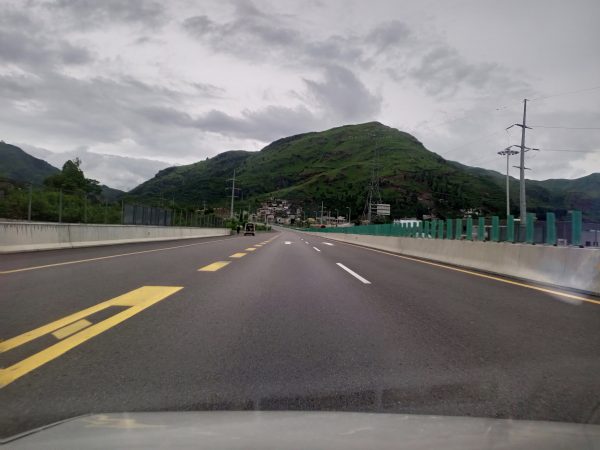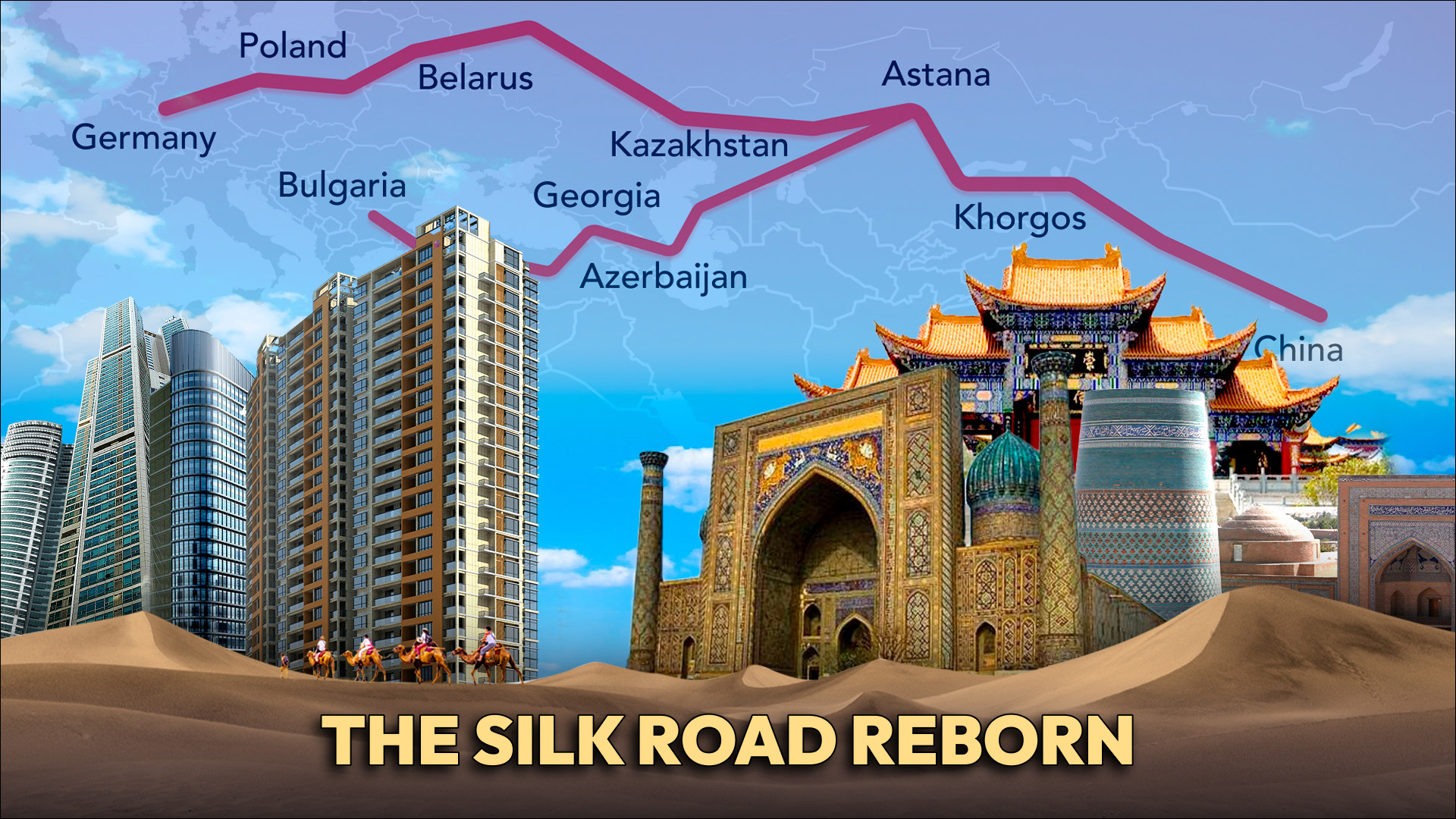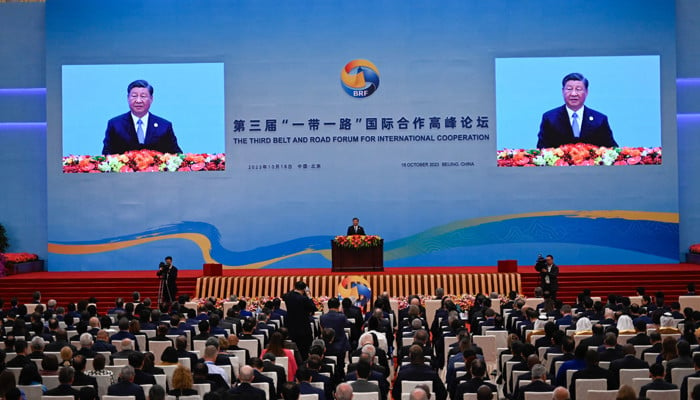


The Belt and Road Initiative (BRI) is often compared to the ancient Silk Road, highlighting the historical significance of trade, cultural exchange, and technological advancements [ce2343d7]. The BRI presents an opportunity for countries like Pakistan to break free from the current world system and integrate with prospering economic regions [ce2343d7]. The article argues that the BRI, with its focus on infrastructure development, is already disrupting the existing system and offers a chance for countries to align themselves with the new Silk Road [ce2343d7]. The Silk Road system, which was once a thriving trade route, declined in the mid-fifteenth century [ce2343d7]. The BRI aims to revive and expand upon this historical legacy by connecting countries through infrastructure projects [ce2343d7]. It emphasizes the benefits of the Silk Road system and suggests that the BRI can bring similar economic and cultural advantages to participating nations [ce2343d7]. By investing in infrastructure, the BRI seeks to enhance connectivity and promote economic integration among countries [ce2343d7]. Pakistan, in particular, stands to benefit from the BRI as it can leverage its strategic location to become a key player in the new Silk Road [ce2343d7]. The article concludes that the BRI has the potential to disrupt the existing system and offers countries the opportunity to align themselves with this new global economic order [ce2343d7].
A recent article from The Diplomat discusses the intense competition emerging in Asia between the U.S., China, and Russia over the development of transnational corridors [f85e1c50]. The article highlights that the Belt and Road Initiative (BRI) is the first modern example of this concept and aims to shift global trade in the direction of China, increasing its international weight [f85e1c50]. However, China's dream of a leading role in international society through the BRI may face resistance from local politics and businesses [f85e1c50]. Russia is also developing transnational corridors in Asia to build a 'Greater Eurasian Partnership' [f85e1c50]. The U.S. and its partners are countering Chinese influence by emphasizing connectivity projects, such as the Partnership for Global Infrastructure and Investment (PGII) and the EU Global Gateway Initiative [f85e1c50]. The Middle Corridor project is also considered a rival to the BRI [f85e1c50]. The article concludes that the corridor approach is changing the international order in Asia and suggests that the West should use its model to extend economic influence, structure new supply chains, and increase investment in infrastructure projects [f85e1c50].
A recent article from Daryo.uz discusses the potential of the new Silk Road, known as the 'Middle Corridor,' which aims to connect nations through a multimodal route combining roads, railways, and sea transportation [d17835f1]. The Middle Corridor, with over 4250 kilometers of rail lines and 500 kilometers of seaway, is seen as a viable alternative to standard routes involving Russia and Belarus, offering a shorter transportation time [d17835f1]. The article highlights the insights shared by various speakers at a high-level forum organized by the Caspian Policy Center, including the strategic and economic importance of the Caspian region, the role of the private sector, the need for a favorable business climate, and the importance of infrastructure development [d17835f1]. The speakers also emphasized the potential for the Middle Corridor to not only facilitate trade but also promote technology exchange, cultural exchange, and green energy initiatives [d17835f1]. The article concludes by highlighting the challenges and opportunities of the Middle Corridor and the need for new rules and regulations to maximize its potential [d17835f1].